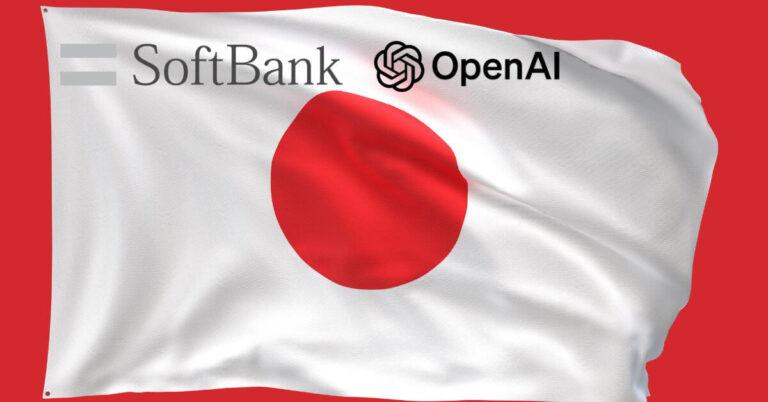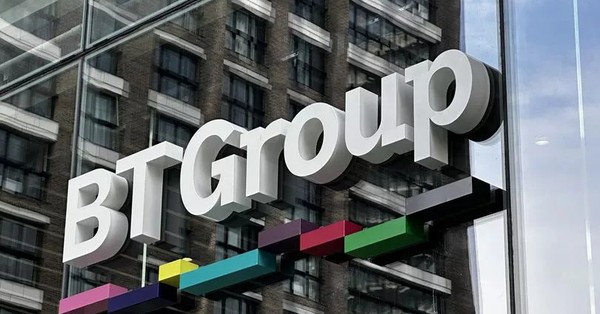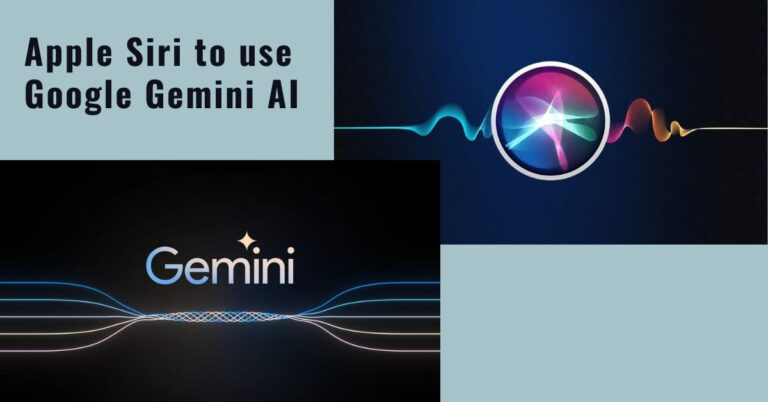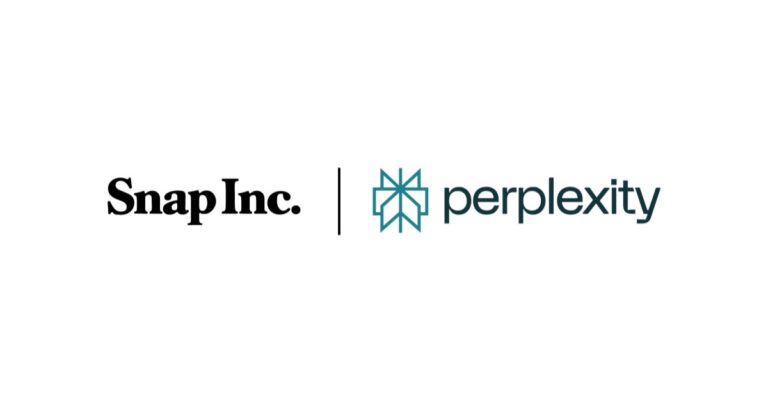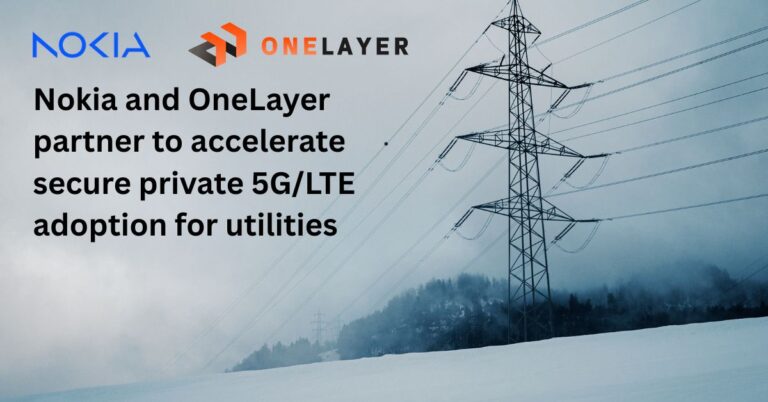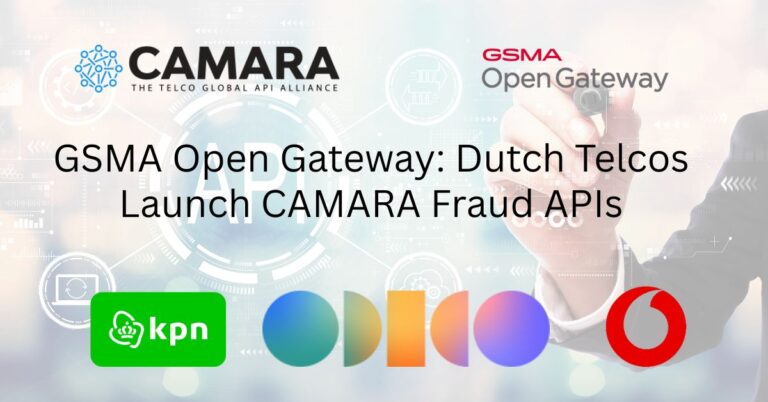short
OneLayer monitors for spoofing, SIM misuse, and rogue devices behind routers—providing instant alerts and automated containment in private networks.
short
OneLayer extends visibility beyond CPEs, detecting every device behind routers and gateways to enforce real-time access and security controls.
short
ONEID gives every device a dynamic identity—linking SIM, IP, and IMEI for unified visibility and smarter segmentation across enterprise networks.
short
OneLayer shifted focus from SIM-based dashboards to a device-first model, delivering deeper visibility, context, and security for private LTE/5G networks.
short
Palo Alto Networks is redefining security for the private 5G era. Through AI-powered Zero Trust, real-time visibility, and global partnerships, the company enables enterprises to protect data, devices, and AI workloads across IT, OT, and industrial networks—creating a trusted foundation for Industry 4.0 innovation.
short
As AI adoption accelerates, most enterprises still lack proper security guardrails. Mitch from Palo Alto Networks discusses how Zero Trust frameworks are critical for securing private 5G and LTE environments, helping organizations embrace AI responsibly while protecting mission-critical operations.
short
Private 5G is only the first step toward full industrial automation. Meir Cohen of Palo Alto Networks explains how Zero Trust and AI convergence will secure data, devices, and automation across the edge, core, and cloud, creating the foundation for the next generation of intelligent, secure industrial operations.
short
AI introduces new layers of risk across models, data, and applications. Mitch Rappard of Palo Alto Networks explains how AI Runtime Security protects edge and AI workloads within private 5G environments, scanning millions of models daily and preventing prompt injection, data leakage, and model poisoning in real time.
short
Collaboration drives stronger private 5G security. Meir Cohen of Palo Alto Networks explains how partnerships with Ericsson, Nokia, and NTT DATA create pre-tested, integrated solutions, helping enterprises achieve reliable, secure, and scalable connectivity for industrial innovation.
short
From manufacturing to mining, enterprises adopting Zero Trust in private 5G networks gain real-time visibility and control. Meir Cohen of Palo Alto Networks explains how stronger security enables faster innovation, safer AI integration, and scalable use cases across industry verticals.
short
Visibility is the foundation of cybersecurity. Mitch Rappard of Palo Alto Networks shares how technologies like App-ID, user identity mapping, and device intelligence deliver real-time insight across IT, OT, and IoT environments—empowering Zero Trust and rapid incident response in private networks.
short
Artificial intelligence and machine learning are redefining cybersecurity. Mitch Rappard of Palo Alto Networks shares how these technologies detect and stop evolving threats in real time, using global data, deep learning models, and automation to secure dynamic private 5G environments.
short
In many private 4G and 5G deployments, security is still treated as an afterthought, added late or inherited from IT frameworks. Meir Cohen of Palo Alto Networks emphasizes that security must be embedded from day one, designed alongside the network itself to safeguard critical OT data, maintain compliance, and ensure long-term resilience.
short
Palo Alto Networks is helping enterprises extend Zero Trust principles from IT to operational networks as they adopt private 4G and 5G. In this interview, Meir Cohen explains how AI-powered security frameworks ensure real-time visibility, strict segmentation, and policy consistency across IT, OT, and private mobile environments—laying the foundation for secure, scalable Industry 4.0 operations.
Tech News & Insight
SoftBank and OpenAI have formed SB OAI Japan, a jointly owned entity that will commercialize “Crystal intelligence,” a bundled enterprise AI offering focused on management and operations in Japan. The venture will combine OpenAI’s enterprise-grade models and tooling with localization, integration, and support led by SoftBank in-market. Crystal intelligence is positioned as a turnkey solution that pairs model access with domain-specific implementation, governance, and support. SoftBank plans to deploy the solution across its own group companies, validate outcomes in production, and recycle those learnings back into SB OAI Japan’s offerings.
Tech News & Insight
BT is pressing ahead with cost-cutting as it confronts sharper broadband competition, softer device demand, and structural declines in legacy services. BT reduced its total workforce by about 6% in the first half of its financial year, down to roughly 111,000 employees from 116,000 at the start of the period. The group reported around £250 million in additional annualized cost savings, bringing cumulative savings to about £1.2 billion across the first 18 months of the program and reaffirming a target of £3 billion in annual savings. Group revenue for the six months to September 30 declined about 3% year over year to £9.8 billion. Openreach’s broadband base contracted, with approximately 242,000 fewer broadband customers in Q2 FY25.
Partner Event
Start: Dec 2, 2025
End: Dec 3, 2025
Venue: Miami Airport Marriott
Location: Miami, USA
End: Dec 3, 2025
Venue: Miami Airport Marriott
Location: Miami, USA
Tech News & Insight
Apple is reportedly nearing a deal to license Google’s Gemini for Siri, a move that would reshape assistant architectures and near-term AI roadmaps across devices and networks. Multiple reports indicate Apple is close to licensing a custom version of Google’s Gemini model, reportedly at a scale of around 1.2 trillion parameters, for roughly $1 billion per year. The model would power a major Siri upgrade while Apple continues building its own foundation models. The objective is clear: boost Siri’s reasoning and task execution in the near term without ceding control over Apple’s system-level integrations or search defaults.
Tech News & Insight
Snap and Perplexity are joining forces to embed a conversational AI search experience directly into Snapchat’s chat interface, signaling a new distribution model for AI and a fresh monetization path for social platforms. Perplexity will integrate its AI-powered answer engine natively into Snapchat, beginning a global rollout in early 2026. Under the agreement, Perplexity will pay Snap $400 million over one year, via a mix of cash and equity, as the integration scales. Snap expects revenue contribution from the partnership to begin in 2026. The move is notable as Snap’s first large-scale integration of an external AI partner directly in-app.
Tech News & Insight
At first glance, falling telecoms prices may seem like an unequivocal win for consumers. But for telecoms businesses, it’s a concerning trend.
Tech News & Insight
A fresh technical report from Broadband Forum details how a single outdoor 5G Fixed Wireless Access connection can deliver gigabit broadband to multiple apartments by reusing a building’s existing wiring. The document defines an architecture where one high-capacity 5G FWA modem—preferably operating on mmWave (3GPP FR2, roughly 24–40 GHz)—is installed on the roof or exterior of a multi‑dwelling unit (MDU) and then shared across many tenants. Instead of running new fiber to every unit, the approach leverages in‑place infrastructure such as coaxial cabling, twisted pair, or legacy telephone wiring to distribute service from a centralized point (attic, basement, or telecom closet) to apartments.
Tech News & Insight
Nokia’s tie-up with OneLayer brings carrier-grade security and OT-aware visibility into one stack, addressing the core adoption barrier for private 5G/LTE in utilities: protecting highly distributed, mission-critical operations at scale. Together, the companies deliver a zero-trust model that spans radio to application: authenticated device identity, continuous posture assessment, role-based segmentation at the cellular (DNN/QoS flow) and IP layers, and orchestrated mitigation. Bottom line: With utilities accelerating private LTE/5G rollouts, Nokia and OneLayer are packaging the controls that regulators, insurers, and boards now expect—bringing OT-aware zero trust into the cellular domain without adding operational complexity.
Tech News & Insight
Telefónica has launched a 2026–2030 plan to accelerate growth, simplify operations, and unlock up to €3 billion in savings while doubling down on its core markets and technology investments. Revenue is guided to a 1.5%–2.5% CAGR from 2025–2028, accelerating to 2.5%–3.5% in 2028–2030; adjusted EBITDA is guided to the same ranges across the two periods. Telefónica targets a gross impact of up to €2.3 billion in 2028 and €3 billion by 2030, driven by technology and operational excellence, process simplification, digital transformation, and monetization of legacy network assets as shutdowns progress.
Tech News & Insight
2025 has seen major telecom and tech M&A activity, including billion-dollar deals in fiber, AI, cloud, and cybersecurity. This monthly tracker details key acquisitions, like AT&T buying Lumen’s fiber assets and Google’s $32B move for Wiz, highlighting how consolidation is shaping the competitive landscape.
Tech News & Insight
A coordinated launch in the Netherlands brings standardized, network-powered security APIs to market at national scale. KPN, Odido, and Vodafone Netherlands have jointly introduced a set of security services based on CAMARA, the open-source API framework hosted by the Linux Foundation and aligned with the GSMA Open Gateway program. Working with the Dutch COIN association, the operators are exposing harmonized, privacy-aware network signals that enterprises can use to strengthen authentication and reduce online fraud. The Dutch launch prioritizes identity-centric use cases. Number Verification allows apps to confirm that a user’s device and mobile number match the current session—often silently in the background—reducing one-time password SMS dependency.

